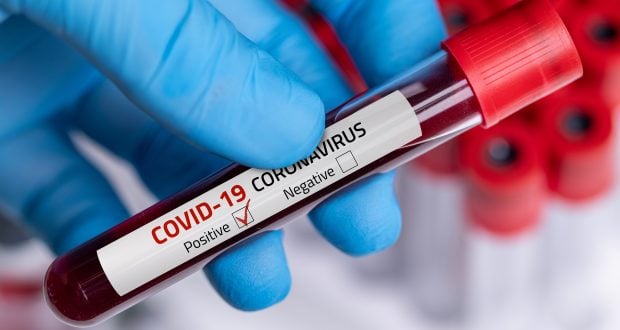With coronavirus on my mind, l bid bye bye to 2020
The Pfizer/BioNTech COVID-19 vaccine could be effective against the new strain of the virus first discovered in the UK — according to preliminary reports in a recent study.
The UK variant known as B.1.1.7 is said to be deadlier and more transmittable than the original strain. This has led to concerns about the effectiveness of existing vaccines against it, especially as the vaccines were developed in the UK.
The researchers said 16 participants aged between 18 and 85 years were involved in the trial.
According to them, the results after 21 days indicated “no biologically significant difference in neutralization activity against” the UK variant and the original strain.
Advertisement
The study, which has not yet been peer-reviewed, found that all of the mutations associated with the new variant were neutralised by antibodies in the blood of 16 participants who had previously been given the vaccine.
“The preserved neutralization of pseudoviruses bearing the B.1.1.7 spike by BNT162b2- immune sera makes it very unlikely that the UK variant viruses will escape BNT162b2- mediated protection. A potential limitation of the work may be the use of a non-replicating pseudovirus system,” the report said.
“However, previous reports have shown good concordance between pseudotype neutralization and SARS-CoV-2 neutralization assays. Additional experiments will confirm efficient neutralization of B.1.1.7 lineage clinical isolates. The ongoing evolution of SARS-CoV-2 necessitates continuous monitoring of the significance of changes for maintained protection by currently authorized vaccines. Unlike for influenza vaccines, the reduction in neutralization that might indicate the need for a strain change has not been established for COVID-19 vaccines.”
Advertisement
The study was published on BioRxiv, a preprint server for biology.
BioRxiv noted that the findings of the study “are preliminary reports that have not been peer-reviewed. They should not be regarded as conclusive, guide clinical practice/health-related behavior”.
Add a comment







